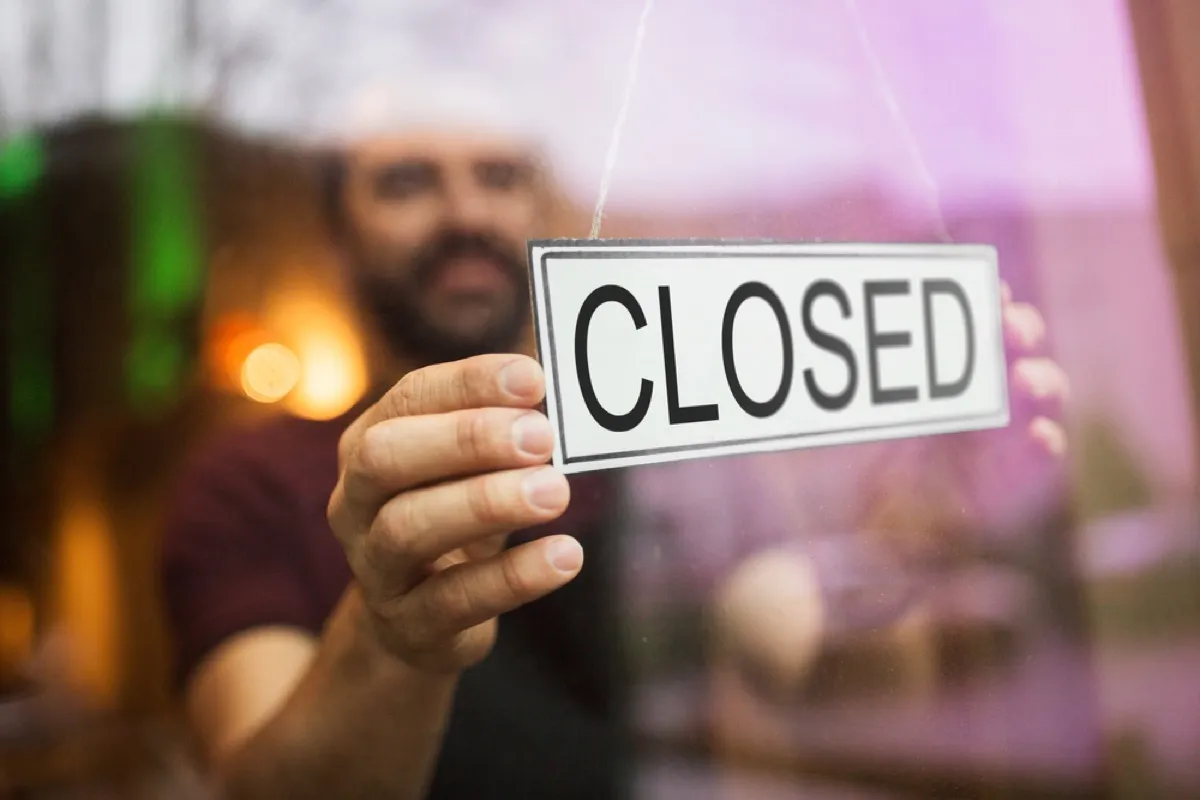“A full shutdown would mean that everyone in the entire country stays at home for four to six weeks,” writes Leana S. Wen, MD, in an opinion piece for The Washington Post. This isn’t the only option, Wen says, but rather one of three ways forward—and easily the most aggressive. In this scenario, she continues, “Those already infected would spread the virus only to their immediate households. If no one has additional contacts, we collectively starve the virus and stop transmission.“ae0fcc31ae342fd3a1346ebb1f342fcb RELATED: For more up-to-date information, sign up for our daily newsletter. Some of you might be thinking, as Wen notes, that we already tried a nationwide lockdown, but the U.S. never attempted anything on this scale. Some states never shut down at all, while others reopened early. The states that came closest to full shutdown, like New York, were also the most successful at controlling their outbreaks. While the country as a whole may have somewhat flattened the curve, countries that tried full shutdowns “crushed their curves and brought their case counts essentially to zero,” Wen writes. The other options Wen mentions are “status quo” (doing nothing) and “whack-a-mole” (shutting down hotspots as they emerge). The latter has been proposed by many experts, including Anthony Fauci, MD, director of the National Institute of Allergy and Infectious Diseases (NIAID), who has suggested individual state shutdowns. In Los Angeles, which has emerged as one of the new epicenters of the pandemic in the U.S., Mayor Eric Garcetti recently said that a new stay-at-home order would be “surgical” and targeted. But it’s not clear this less restrictive approach would be enough to stop the spread across the country, especially when not a single U.S. state is currently on track to contain COVID. “The idea of a hard shutdown should be on the table,” Andy Slavitt, former acting administrator of the Centers for Medicare and Medicaid Services, told Wen. “It would be more difficult and disruptive, but the short-term pain could bring the economy back more quickly.” Given how resistant some state residents and even state officials have been to restrictions of any kind—whether mask mandates or business closures—it’s hard to imagine the entire country getting on board with another lengthy shutdown. As Wen notes, however, doing nothing is no longer a real possibility. “There will be a breaking point,” she writes. And for more on the future of coronavirus in the country, Dr. Fauci Just Said the Words About COVID-19 You Never Wanted to Hear.
